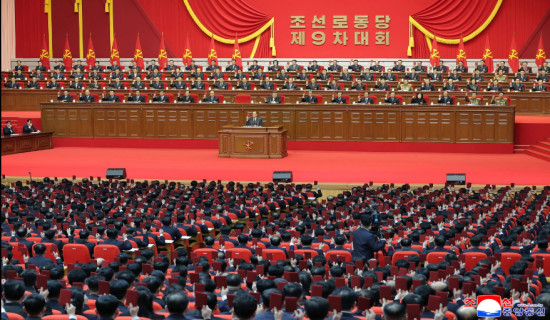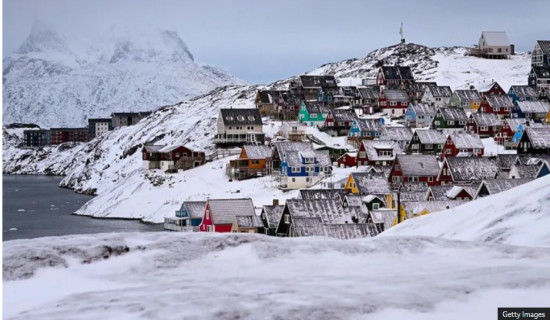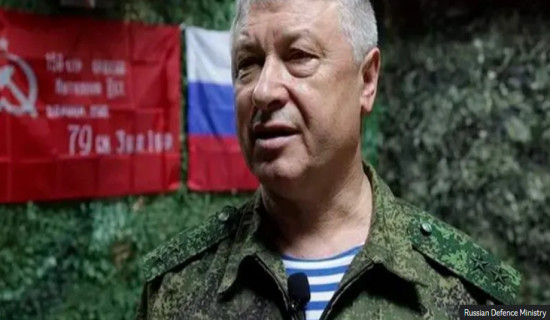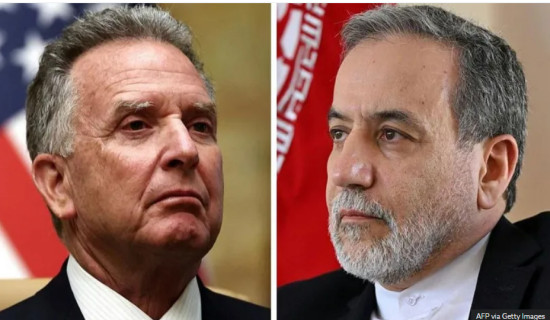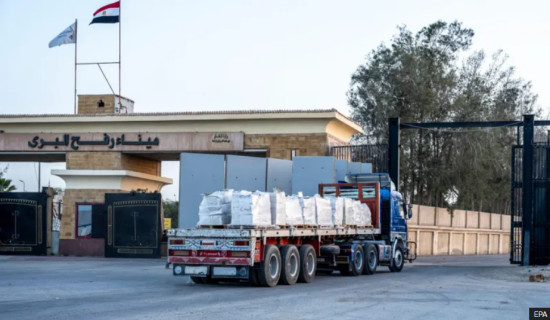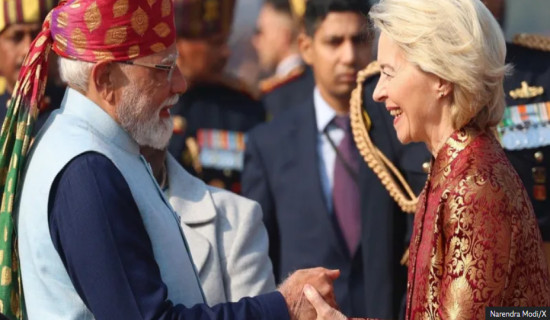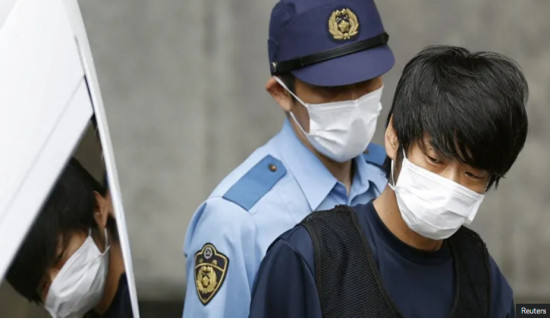- Monday, 23 February 2026
Searing heat shuts schools for 33 million children
By Kelly Ng, Apr 25: Searing heat has forced 33 million children out of schools in Bangladesh, as temperatures in parts of the country soared to above 42°C (108 F).
Schools and colleges will be shut for at least until 27 April. This is the second year in a row that authorities had to make such a move due to extreme weather.
It follows school closures in the Philippines and India as a persistent heatwave sweeps across Asia.
“Children in Bangladesh are among the poorest in the world, and heat-related school closures should ring alarm bells for us all," said Shumon Sengupta, Save the Children's Bangladesh director.
Low-lying Bangladesh is one of the countries most vulnerable to the impacts of the climate crisis.
According to the Intergovernmental Panel on Climate Change, a 30- to 45-cm rise in sea level could displace more than 35 million people from coastal districts - about a quarter of the country's total population.
On Wednesday, thousands of Muslims in the country gathered in mosques and rural fields to pray for rain.

Children cool off in a lake on a hot day in Dhaka. Getty Images
"Life has become unbearable due to lack of rain... Poor people are suffering immensely," Islamic cleric Muhammad Abu Yusuf told AFP news agency.

Thousands of Bangladeshis gathered to pray for rain as an extreme heat wave hit the country. Getty Images
Yusuf led a morning prayer service for 1,000 in the central portion of the capital Dhaka on Wednesday.
Bangladesh's weather authorities expect the extreme heat to continue for at least another week.
Hospitals and clinics have been asked to prepare for a higher patient load due to heat-related illnesses such as fever and headache.
Patients suffering from heatstroke will be admitted in air-conditioned wards, Health Minister Samanta Lal Sen said earlier this week.
"Leaders need to act now to urgently reduce warming temperatures, as well as factoring children – particularly those affected by poverty, inequality and discrimination - into decision making and climate finance,” Sengupta said.
Unicef has also warned of the "grave risks" that such high temperatures pose to young children, particularly newborns and infants.



